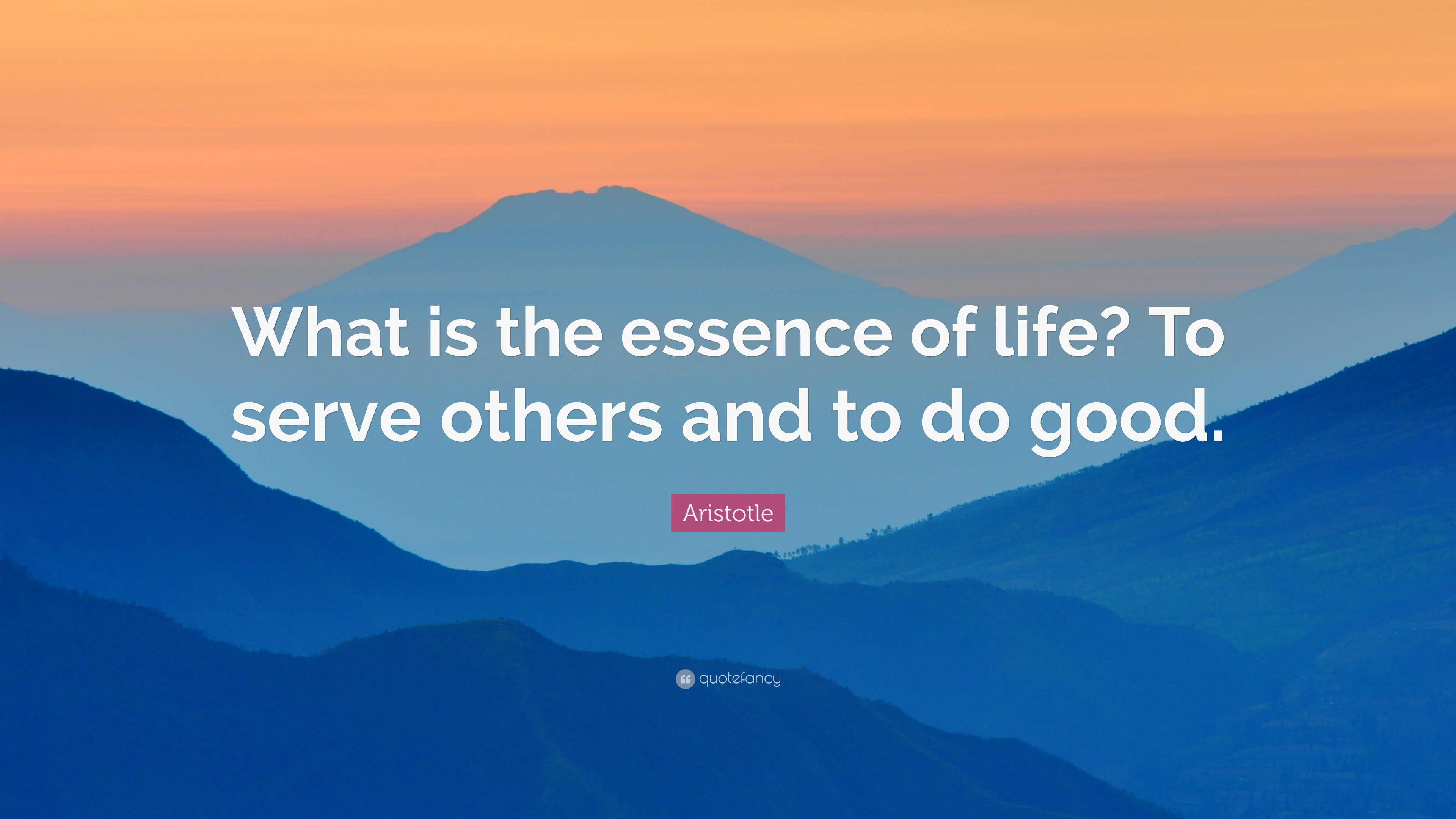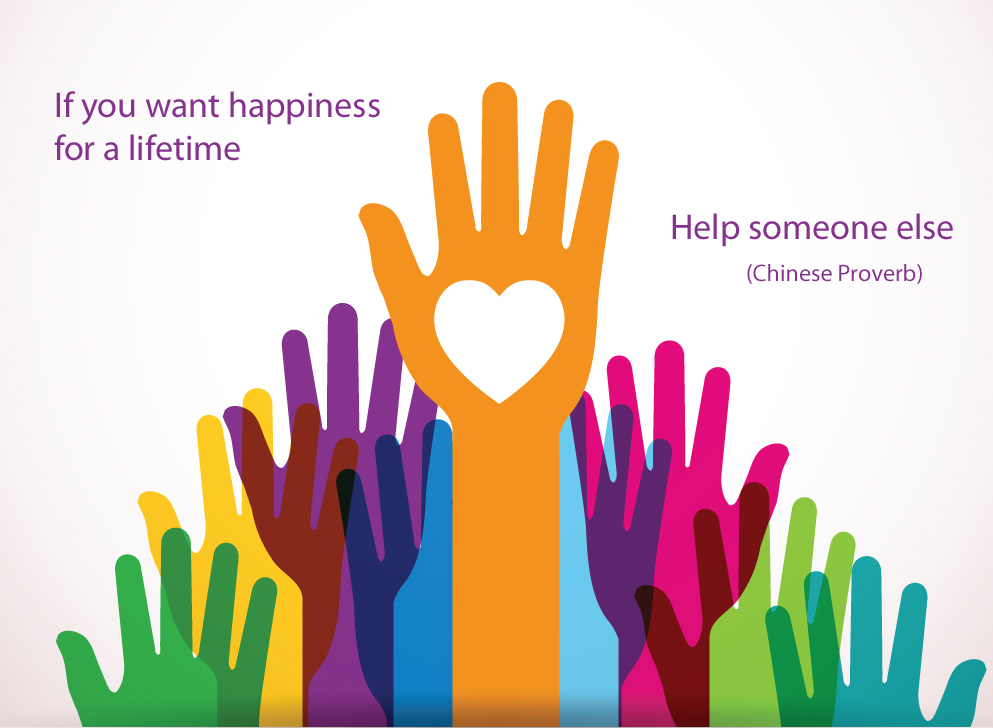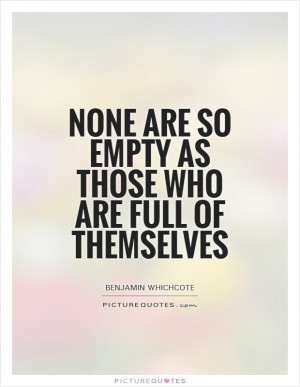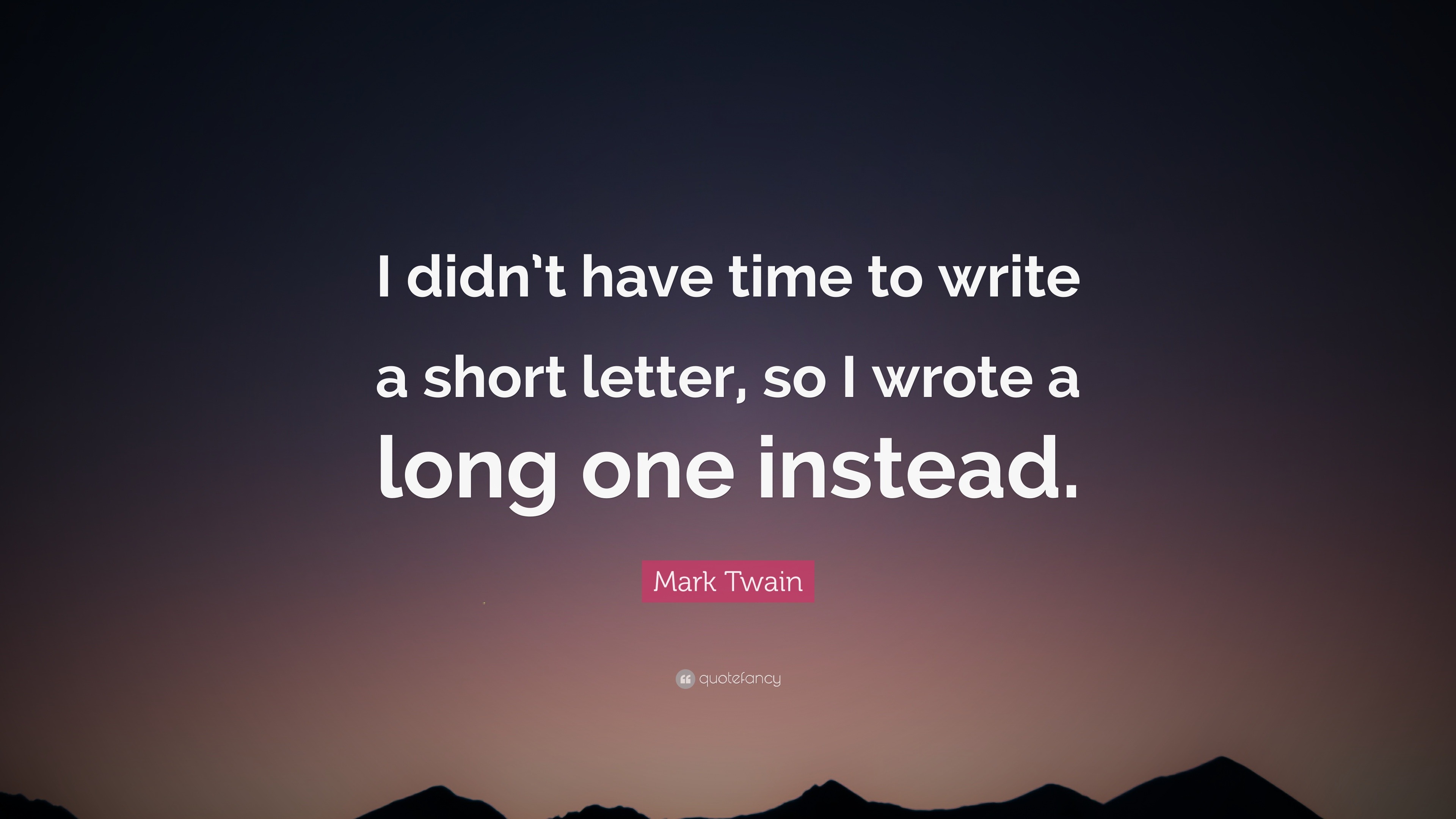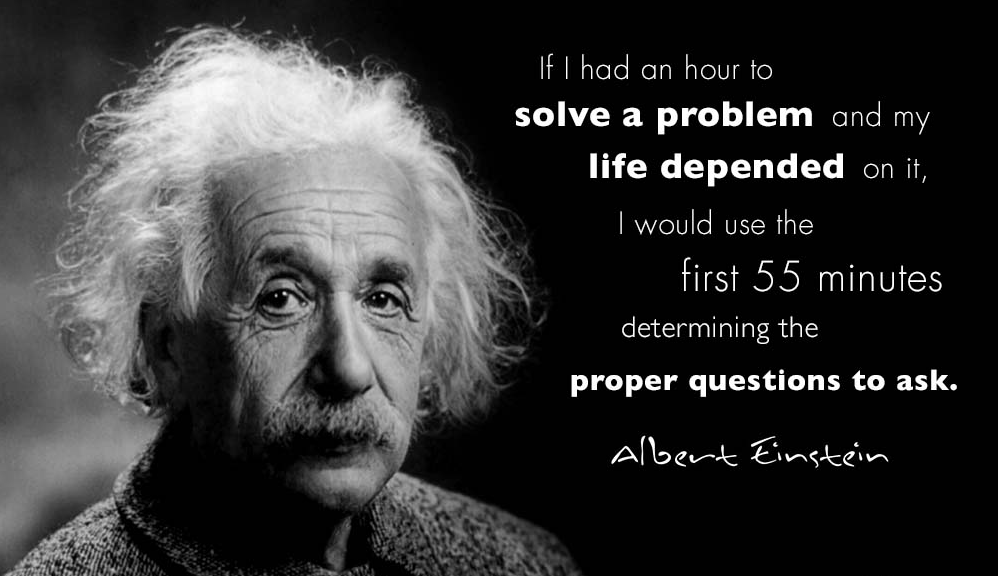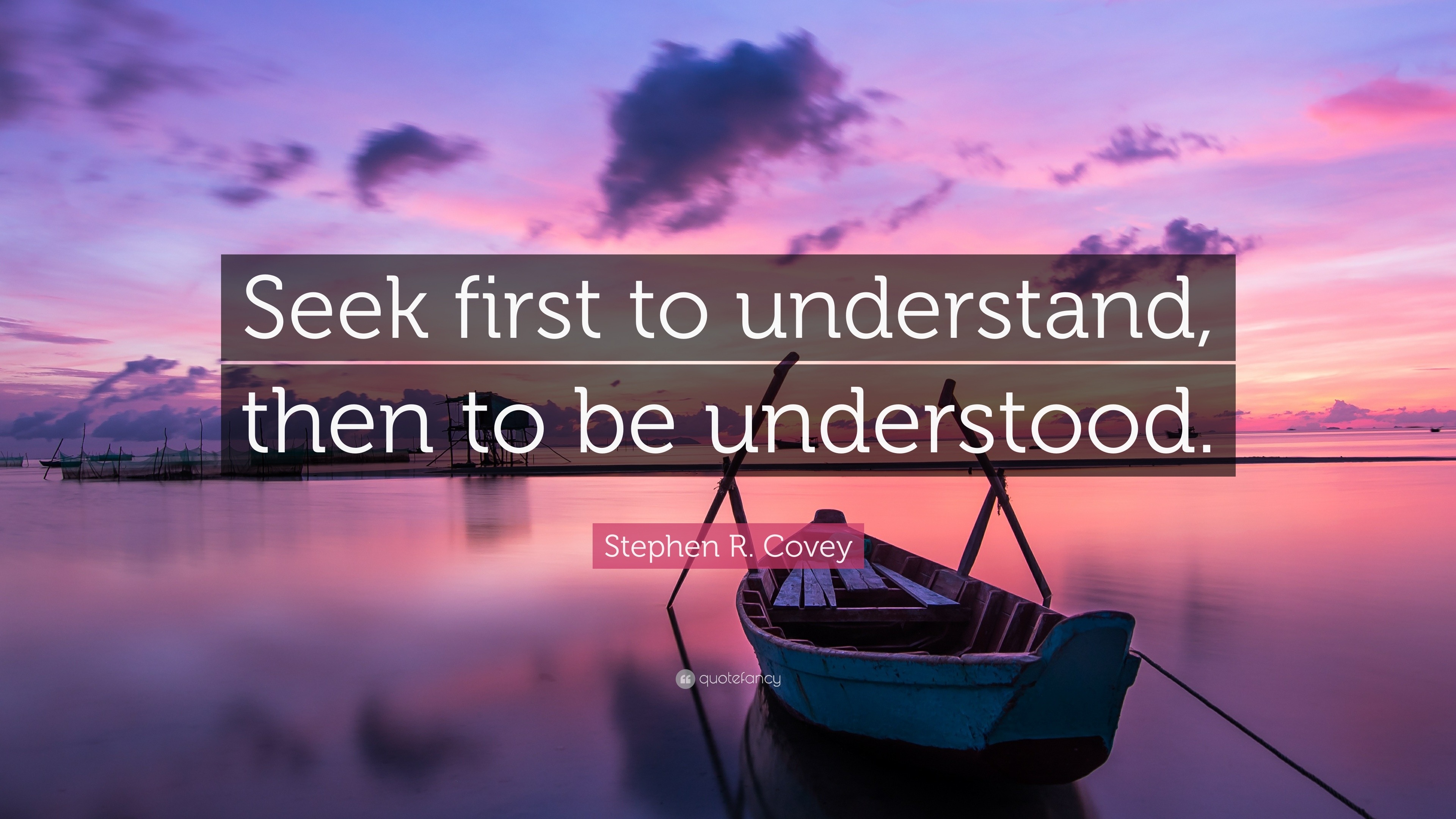

Experts have jobs. They need to understand those who don’t.
Columnist: Education: Yale College, BA; Harvard University, PhD
If anyone thought a global pandemic that has so far killed more than 80,000 Americans would override the country’s deep partisan divide, think again. It turns out that Democrats are significantly more likely than Republicans to believe that the pandemic is serious and to follow Centers for Disease Control and Prevention guidelines. Cellphone data shows that people in counties that voted for Donald Trump have been moving around more than those in counties that voted for Hillary Clinton.
This has led many to wonder why partisanship has become so strong in the United States that people will not listen to experts, even at the risk of their own health. But there is a broader distrust that we need to understand. I recognized it while reading a book that is not about covid-19 at all but sheds strong light on the situation. Explaining why so many people across the West have rejected the government establishment, Michael Lind writes, “The issue is not the issue. . . . The issue is power. Social power exists in three realms — government, the economy, and the culture. Each of these three realms of social power is the site of class conflict.”
Lind’s book, “The New Class War,” argues that the best way to understand America today is through the lens of class conflict, which has been sharpened by the rise of an “overclass” that dominates the three spheres he mentions. In all three, leaders tend to be urban, college-educated professionals, often with a postgraduate degree. That makes them quite distinct from much of the rest of the country. Only 36 percent of Americans have a bachelor’s degree, and only 13 percent have a master’s or more. And yet, the top echelons everywhere are filled with this “credentialed overclass.”
For many non-college-educated people, especially those living in rural areas, there is a deep alienation from this new elite. They see the overclass as enacting policies that are presented as good for the whole country but really mostly benefit people from the ruling class, whose lives have gotten better over the past few decades while the rest are left behind. In this view, trade and immigration help college-educated professionals who work for multinational companies but hurt blue-collar workers. So when they hear from “experts” about the inevitability of globalization and technological change and the need to accept it, they resist. It does not resonate with their lived experience.
Let’s look at the covid-19 crisis through this prism. Imagine you are an American who works with his hands — a truck driver, a construction worker, an oil rig mechanic — and you have just lost your job because of the lockdowns, as have more than 36 million people. You turn on the television and hear medical experts, academics, technocrats and journalists explain that we must keep the economy closed — in other words, keep you unemployed — because public health is important. All these people making the case have jobs, have maintained their standards of living and in fact are now in greater demand. They feel as though they are doing important work. You, on the other hand, have lost your job. You feel a sense of worthlessness, and you’re terrified about your family’s day-to-day survival. Is it so hard to understand why people like this might be skeptical of the experts?
https://www.washingtonpost.com/opinions/experts-have-jobs-they-need-to-understand-those-who-dont/2020/05/14/e715e534-9620-11ea-91d7-cf4423d47683_story.html
https://www.washingtonpost.com/opinions/experts-have-jobs-they-need-to-understand-those-who-dont/2020/05/14/e715e534-9620-11ea-91d7-cf4423d47683_story.html
My most dearest Shosh and Jaialai:
This is one of the better analyses I’ve read in the din of the 24-hour pandemic news cycle. We, Americans, have gotten into the habit of talking AT each other rather than TO each other. Communication, at its core, is about engaging in meaningful exchanges. Yet, sadly, we prefer reaching for easy labels (e.g., GOP, Democrat, far-right, liberal, etc.) as excuses to tune out each other rather than make the effort to truly listen and understand where our neighbors are coming from.
Let’s not forget, we are all Americans. We are neighbors. For better or for worse, we are in this together. Together we stand: divided we fall.
Let’s start with a fundamental truth: for the most part, WE are ALL coming from a place of fear and insecurity during this pandemic. Most of us have some level of food and housing insecurities. Without work and income (or with reduced work and income), our basic needs for food, warmth, safety, etc., are threatened. We are afraid.
“When we feel threatened, the most primitive part of our brain, what we call our ‘lizard brain,’ gets activated. We’re just reacting, just focused on survival[,]” said Jean Fitzpatrick, a New York City Midtown therapist. “Brain science is important here[.]” https://whydidyoujointheunion.blogspot.com/2017/01/basic-lizard-brain-psychology-can.html.
In 1954, the limbic cortex was described by neuroanatomists. Since that time, the limbic system of the brain has been implicated as the seat of emotion, addiction, mood, and lots of other mental and emotional processes. It is the part of the brain that is phylogenetically very primitive. Many people call it the “Lizard Brain,” because the limbic system is about all a lizard has for brain function. It is in charge of fight, flight, feeding, fear, freezing up, and fornication.
https://www.psychologytoday.com/us/blog/where-addiction-meets-your-brain/201404/your-lizard-brain.
Do you ever surprise yourself, finding that you have done something without thinking about it? Do you ever notice that you feel sad or happy, but aren’t sure why?
In 1990, physician and neuroscientist Paul MacLean provided one possible explanation of this phenomenon in his book, The Triune Brain in Evolution. Although scientists now know that some of the details may be wrong, it remains a useful concept. The idea is that our human brains are really composed of three parts:
1. The reptilian brain, composed of the basal ganglia (striatum) and brainstem, is involved with primitive drives related to thirst, hunger, sexuality, and territoriality, as well as habits and procedural memory (like putting your keys in the same place every day without thinking about it or riding a bike).
2. The paleomammalian (old mammal) brain, including the hypothalamus, hippocampus, amygdala, and cingulate cortex, is the center of our motivation, emotions, and memory, including behavior such as parenting.
3. The neomammalian (new mammal) brain, consisting of the neocortex, enables language, abstraction, reasoning, and planning.
Automatic routines which, over time, we have learned do without thinking about them, such as playing tennis and even driving, are largely performed by our reptilian brain. So when we are driving and, at the same time, engrossed in a conversation with a friend, we may find that we have driven somewhere with no memory of how we did it — that’s because the reptilian brain was doing most of the driving….
Our neomammalian brains — and, in particular, our frontal lobes — govern our behavior, inhibiting the primitive drives from our reptilian brain when they are not socially appropriate….
Given that there have been 10 million years of evolution developing our neocortex — our neomammalian brain — why does it seem to fail so often in normal individuals? Why do we so often hear about politicians and celebrities acting on their primitive drives and urges and committing horrendous acts?
The answer is one that any small child can give you: We all can make a choice, a choice as to whether we are going to give in to the primitive urges and desires of our reptilian brain or, instead, use our neocortex to control them.
https://www.psychologytoday.com/us/blog/managing-your-memory/201712/don-t-listen-your-lizard-brain (emphasis added).
Once threatened, your lizard brain doesn’t waste time in thoughts. In lightning speed, it brings past experiences and well-worn assumptions to present situations. It hijacks your “thinking brain”—your prefrontal cortex or executive functioning—throws it offline before you realize it and prepares you for fight or flight to keep you out of harm’s way. When your buttons are pushed, it issues a warning, and the cells of your body heed its call, drenching you in a cocktail of neuropeptides that create a rapid-fire reaction to threat. You can feel the exact moment your lizard brain dumps a tonic of heart-pounding enzymes into your bloodstream. The surging adrenaline and cortisol act like a tidal wave, hijacking your rational thoughts, leaving your emotions to rush to action. You may sizzle on the inside or rant and rave on the outside—but you survive.
The problem is that ancient lizard brains were designed for a very different time, with a specific and limited set of threats. Your twenty-first-century lizard brain ramps up into survival mode not only over immediate physical danger but more psychological concerns as well. It doesn’t know the difference between lethal and non-lethal situations. It’s just as likely to blast a colleague for challenging your ideas, the server when you’re stuck in a long, slow-moving lunch line, or your hard-nosed, demanding boss for belittling you in a meeting. It will unleash its ire on you, too, for slip-ups such as misplacing your cell phone, accidentally dinging another car, or missing an appointment.
Even though studies show that 90 percent of worries are false alarms that never manifest, your lizard brain prioritizes and remembers the negative experiences in an attempt to prevent life’s unexpected curve balls from ambushing you. Think of all the times you brooded for countless hours over one negative aspect of a situation when, in retrospect, there was nothing to worry about. In fact, your lizard brain may have overlooked many positive elements. Your colleagues gave you rave reviews on your presentation, but you couldn’t get that one frowning face in the front row off your mind. The majority of your coworkers attended the retirement party, but the fact that your boss was a no-show continues to flash in your brain like a neon Failure sign. And what about all those times you wigged out over an upcoming presentation, convinced you would fall flat on your face when, not only did you not fail, you were a huge success—all that worry for nothing—the exact opposite of what your lizard brain predicted.
Nobody Can Trigger Your Lizard Brain Without Your Consent
It helps to know that, when your lizard brain takes over with reflexive reaction, you’re usually not in any real danger, as when Pope Francis smacked the hand of an overly zealous congregant who wouldn’t let go of his arm. Neuroscientists say, that in the heat of the moment, your lizard brain simply overestimates a threat and underestimates your ability to handle it. It’s often nothing more than you’re simply upset that people and things aren’t doing what you want, or life isn’t working out the way you planned—the way it’s “supposed to.”
Think about it. You expect daily aspects of your job to play out in a certain direction or adjust to your desires and whims. Of course, the job will never bend to your will—it doesn’t work that way. Bear in mind if you continue down the rabbit hole of expecting the workplace to be the way you want, you automatically set yourself up for disappointment, heartbreak, and your own unbridled reactions that will unmake your day along with that of others.
The problem isn’t your life; it’s your brain. You’re not jinxed, life doesn’t have a vendetta against you, and other people and situations are not causing your outbursts. You are. Nothing and nobody can unmake your day but you.Every time you lose it when a situation or person does something you don’t like, it’s your responsibility, not theirs. Think about it. When you’re unable to regulate your outbursts and flip your lid, does that really make things better? Or does it make them worse? After circling the parking lot a few times before finding the closest spot to your office, is it worth pounding your steering wheel? Does it actually matter if you don’t score the best restaurant table by the window for your business meeting? I mean, seriously. Do you really need to badmouth a colleague because they’re different from you?
Even for our modern-day selves, no longer dwelling in caves and running from tigers, the lizard brain serves a vital role in protecting us. Constantly on the lookout, it watches out when you’re driving in heavy traffic, searching for your car in a dark parking garage, or struggling to meet a tight deadline. If your office is on fire, someone breaks into your house or you’re in a car wreck or terrorist attack, it keeps you safe from harm. But when you live in that amped-up state for too long—alarm bells ringing at full blast—it drains your clarity, optimism, peace of mind, well-being, and resilience for personal growth.
Sidestepping Your Lizard Brain Reactions: The 90-Second Gap
You’re not powerful enough to fend off unwelcome career challenges. Mishaps, unpleasant surprises, and threatening moments are going to happen no matter what. The key is what you do with them to stay cool under pressure. The good news is you are powerful enough to choose how you respond to them. It’s possible to sidestep your lizard brain from siphoning your energy by learning not to let every little hiccup throw you into a tizzy—whether it’s a printer paper jam, a traffic jam, or grape jam smeared across your clean floor.
You always have a choice to respond with either action or reaction—regardless of how small or big the circumstances. In an interview, brain researcher Dr. Jill Bolte Taylor told me, “When a person has a reaction to something in their environment, there’s a 90-second chemical process that happens; any remaining emotional response is just the person choosing to stay in that emotional loop.” In other words, when you react to a situation, you make a choice to do so—an unconscious choice perhaps, but a choice nonetheless. You can be your own worst enemy when you allow your lizard brain to have open season on others and yourself.
The secret sauce is to discover the 90-second gap between what you feel and what you do. You might not recognize the gap is there. If you’re on autopilot, as so many of us are, chances are your hair-trigger reactions are in the habit of running roughshod over the gap. But once you start to look for and find it, you’re able to make a choice with action instead of reaction. That’s how you empower yourself, that’s how you prevent burnout and rekindle your energy, and that’s how you get back your mojo to thrive. The more you practice this approach, the more the gap will widen over time. The more resilient you will become in facing obstacles, tough decisions, and hard choices. And the more freedom you will enjoy in your life.
https://www.psychologytoday.com/us/blog/the-right-mindset/202001/whos-the-boss-you-or-your-lizard-brain (emphasis added)
So the lesson today is choose to NOT give in to your lizard brain, and to PAY ATTENTION when the lizard brain of others animates their actions. They are trying to tell you they are scared. So, before you do anything else, address their fears. Without addressing their fears first, you will not get anywhere with anything else.
Without endeavoring to hear each other and address each others’ fears, we are destined to keep repeating our mistakes. For example, there remains a huge anti-immigration backlash in the U.S., driven mostly by people who are job insecure and who fear that immigrants would take away their jobs. Their fear is valid; however, it may be misplaced.
One example is the harsh anti-immigration laws that were enacted in Georgia, Alabama, and other Southern states in 2011. The unintended consequences was that migrant workers left those states in droves and those states’ agricultural sector suffered greatly as a result. Farmers simply could not find Americans willing to do the hard work of picking fruits and vegetables. They sent vans into Atlanta, for example, to pick up workers for the fields and increased payments to attract more workers, but it was all for naught. Americans simply did not want those jobs. See, e.g., https://www.mic.com/articles/8272/alabama-illegal-immigrant-crackdown-destroys-farm-business; https://www.forbes.com/sites/realspin/2012/05/17/the-law-of-unintended-consequences-georgias-immigration-law-backfires/#239d113e492a; and, https://www.theatlantic.com/business/archive/2011/06/georgias-harsh-immigration-law-costs-millions-in-unharvested-crops/240774/.
Likewise, fear of the corona virus today has, sadly, lead to heightened racism against Asians. See, e.g., https://www.beckershospitalreview.com/hospital-physician-relationships/asian-american-physicians-deliver-anti-discrimination-message-in-viral-video.html; https://time.com/collection/coronavirus-heroes/5816886/asian-american-doctor-coronavirus/; https://www.nbcnews.com/news/asian-america/asian-americans-report-nearly-500-racist-acts-over-last-week-n1169821; and, https://www.washingtonpost.com/opinions/2020/04/02/targeting-asians-asian-americans-will-make-it-harder-stop-covid-19/. The fear is misplaced.
Asians are no more to be blamed for the corona virus than are Americans for the “superbugs” that infect nearly 2 million and kill nearly 100,000 Americans each year. See, e.g., https://www.scientificamerican.com/article/hospitals-and-superbugs/; https://www.sciencedaily.com/releases/2019/04/190414111500.htm; and, https://www.cdc.gov/media/releases/2016/p0303-superbugs.html. “Misusing antibiotics (such as taking them when you don’t need them or not finishing all of your medicine) is the ‘single leading factor’ contributing to this problem, the CDC says.” https://www.webmd.com/a-to-z-guides/news/20150417/superbugs-what-they-are.

Life finds a way. Regardless of what we do, sooner or later, the billions upon billions of viruses and bacteria that cover the surface of this Earth will find a way to dominate. We can focus on fighting them or each other. (I’m not saying give up and do nothing. I am saying be smart and pick our battles to slow their progression. For example, ban pharmaceuticals from advertising antibiotics directly to consumers, who then demand those antibiotics from their physicians regardless of whether it is medically necessary or advisable. Ban — immediately — the misuse of antibiotics in animal feeds.)
But I am getting ahead of myself. For now, for you, focus on being your best and on listening to others. Train your focus on the person with whom you are speaking or dealing with instead of on yourself. I promise you that you will find life more rewarding and less problematic when you do that. Instead of focusing on, and giving in to, your fears and insecurities, if you help others address theirs you will have a better chance of finding win-win solutions and you will be happier for it.
This ties in with my previous post about focusing on others, minding your words, and delivering small chunks of information at a time to make others comfortable as you help them resolve their problems. In other words, keep things simple and calm, and speak to their lizard brain to talk it down.
All my love, always and forever,
Dad






